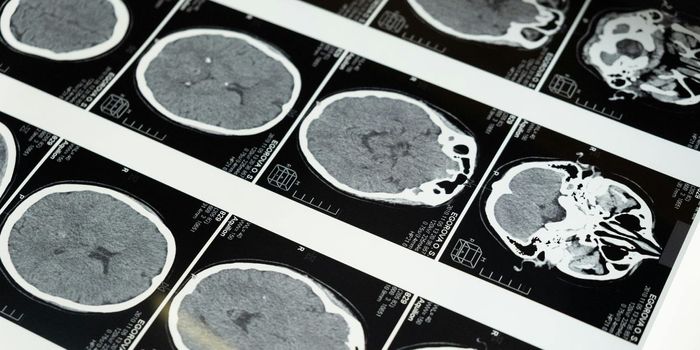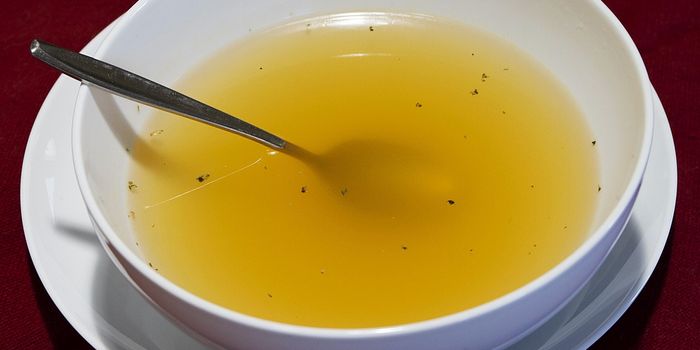Prenatal Stress May Influence Infant Gut Bacteria
Although prenatal stress has previously been associated with infant growth and development, exactly how they are linked is yet to be understood. Now, researchers from Finland have found evidence that chronic prenatal psychological stress may affect the gut microbiota of unborn infants.
For the study, the researchers examined data from the FinnBrain Birth Cohort Study, a research project comprising information from over 4000 families from infancy to adulthood. In total, they analyzed data from 398 women and their children. They measured the women's prenatal psychological distress levels with standardized questionnaires three times during pregnancy.
They also measured the women's hair cortisol concentrations from a 5cm segment of hair at week 24 of gestation, thus covering early and mid-pregnancy periods. This data was then compared to fecal samples analyzed for gut microbiota composition from their children at 2.5 months old.
The researchers found that chronic prenatal stress and heightened hair cortisol concentrations were linked to alterations in the bacterial composition of their children's intestines. In line with earlier research, they found that prenatal stress was linked to increased levels of certain bacteria.
"We discovered, for instance, that mother's chronic prenatal psychological distress was linked to increased abundances of Proteobacteria genera in infant microbiota. In addition, chronic psychological symptoms were connected to decreased abundances of Akkermansia genera, which is considered to promote health at least in adults," says Anna Aatsinki, one of the study's authors.
Although the research demonstrates a link between prenatal stress and infants' gut bacteria compositions, the scientists emphasize that they can still not explain the cause-effect relationship between them. Further research is thus needed to establish this, and how these changes impact child health outcomes later on.
Sources: Neuroscience News, Psychoneuroendocrinology









